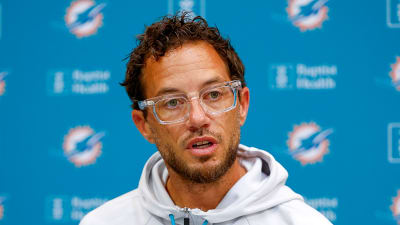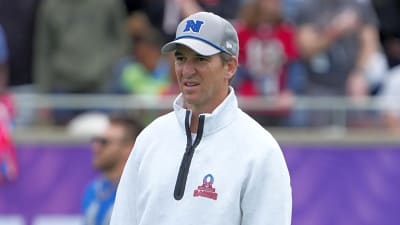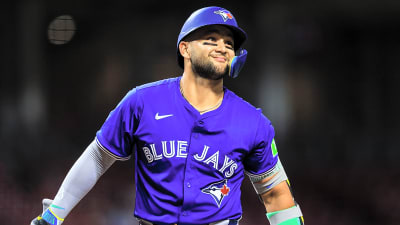
It’s a brave new world in college hockey, folks.
The 2025-26 season is the first time in memory that players who have played in Canadian major junior hockey have been eligible to play in the NCAA. This development has led to six Calgary Flames prospects making the jump to college hockey: Cole Reschny, Luke Misa, Jaden Lipinski, Aidan Lane, Eric Jamieson and Henry Mews.
Oh, and four professional players, including former Flames prospect Jack Beck, have also moved to college.
That’s weird, right?
Especially considering that NCAA rules used to be so strict that players that attended NHL development camps had specific rules they had to follow so they didn’t accidentally lose their amateur status. So how come 2021 Flames draft choice Jack Beck, who played a full pro season in 2024-25, is allowed to play college with Arizona State University in 2025-26 as a 22-year-old?
Via our pals at College Hockey News, here’s the broad strokes of it:
Bemidji State got the ball rolling on this, at least within hockey. Thanks to the NCAA continuing to lose lawsuits left and right, players in other sports who have dabbled with pro signings have had their eligibility re-instated. Bemidji State coach Tom Serratore saw this happening, and decided to take a chance on adding Hudson Thornton (50 pro games last season) and Connor McClennon (9).
It worked. The NCAA Eligibility Center (formerly the NCAA Clearinghouse) approved their eligibility based upon the concept that those players’ pro earnings were still below the “full cost of attendance” plus the “necessary and actual expenses” of going to college.
Essentially, Arizona State would have had to petition the Eligibility Center that Beck should be eligible based on the precedent set by Thornton and McClennon.
Next, Beck’s age had to be addressed under the NCAA’s delayed enrolment rules:
Under NCAA delayed enrollment rules, prospective hockey student-athletes must enroll in college full-time, at any four or two-year college, between high school graduation and until they reach their 21st birthday without penalty. Once a hockey student-athlete turns 21 and has still not enrolled full-time in college, the delayed enrollment penalties kick in. For every calendar year after the 21st birthday and continued competition in leagues other than the NCAA, the athlete loses a season of competition at the NCAA Division I level. The 21st birthday cutoff for delayed enrollment in the NCAA is unique to hockey. All other sports have a one-year gap rule that forces prospects to enroll full-time at a collegiate institution at the next opportunity after the one-year gap after high school graduation is up.
Beck lost one year of eligibility for the games he played between his 21st and 22nd birthdays, and then was penalized six games for the six games he played in pro hockey after his 22nd birthday. He’ll have to sit until the Sun Devils’ seventh game of the season, but he’ll be allowed to play college hockey this season (and for up to two more seasons).
Beck was a sixth-round pick by the Flames in 2021, but his rights lapsed on June 1, 2023 after he and the Flames didn’t come to terms on a contract. But Beck’s situation is a great example of the very weird, wacky repercussions of the NCAA relaxing their former eligibility rules: not only can Canadian junior players play in college, but in very specific circumstances, pro players can, too.
More must-reads:
- Maple Leafs make six roster cuts with two notable surprises
- Hall of fame goalie Bernie Parent dies at 80
- The 'Multiple 30-TD pass NFL seasons' quiz
Breaking News
Trending News
Customize Your Newsletter
 +
+
Get the latest news and rumors, customized to your favorite sports and teams. Emailed daily. Always free!








